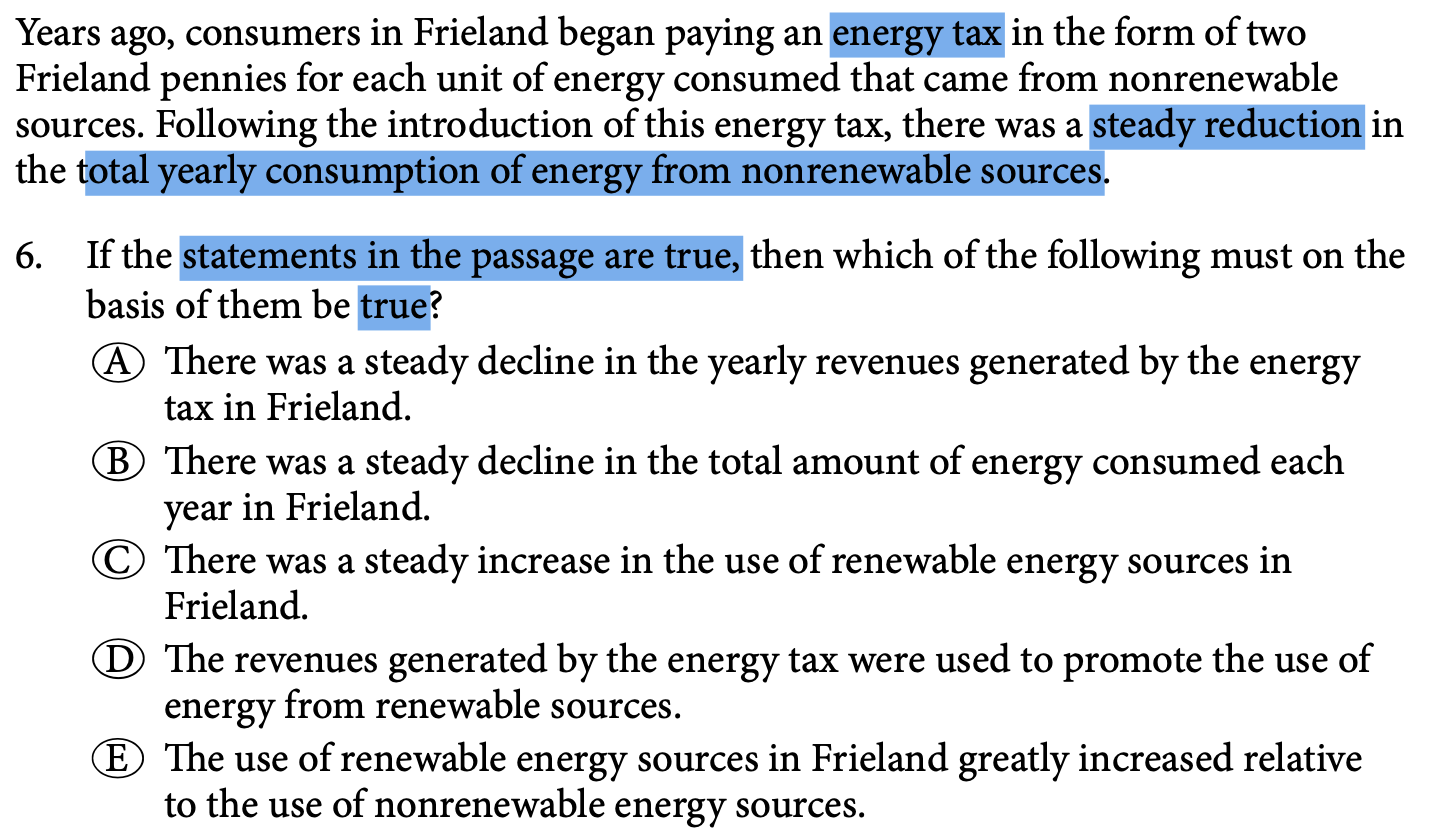Verbal Reasoning Questions for Thinking Skills
Disclaimer: The views and opinions expressed in this article are solely those of the author and are not endorsed by any educational institutions or official bodies. This article is intended for informational purposes and should not be considered as professional advice. While every effort has been made to ensure the accuracy of the information provided, Bing's Academy makes no guarantees or warranties, express or implied, about the completeness, accuracy, or reliability of this article. Please use your own judgment when interpreting and using this information.
The new thinking skills section of the NSW selective and opportunity class exam is always going to be problematic. This is partly due to how new this section of the exam is and the availability of questions we have. Like with all things, if students are exposed to enough questions and the right approach to questions, it will become easier to answer questions of increasing difficulty. One of the thinking skills questions that are evident in both sections can be classified as verbal reasoning questions – a slight blend of reading comprehension and critical thinking.
I’ll be going through what these questions are trying to test as well as some key advice to keep in mind when answering these questions.
Questions test a variety of abilities
First, verbal reasoning questions are designed so that students can generally only answer it if they have a sufficient level of reading comprehension and can understand prose that is seen in years beyond what they may be used to. It requires active engagement with the text, asking questions, formulating, and evaluating hypotheses, and reflecting on the relationship of the particular text to other texts and information. Each verbal reasoning question is based on a passage and can vary in length but is generally just a paragraph. Passages are drawn from texts from a variety of sources including arts, humanities, everyday topics and even material from academic and non-academic sources. The questions can cover any of the topics I mentioned, from the meaning of a particular word to assessing information that might support or weaken points made in the passage. They are all standard multiple-choice questions where there is only one single correct answer as well.
Some of the abilities that are tested in these questions are:
- Understanding of the meaning of words, sentences, and paragraphs
- Distinguishing between major and minor points
- Drawing conclusions from information
- Summarising passages
- Draw reasoning from incomplete data, inferring information that is missing
- Identifying author’s perspective and assumption’s
The list keeps going. The ones I mentioned are by no means everything but they are some of the ones I get our students to keep in mind when answering these questions.
Advice
1. So, remember that verbal reasoning questions and passages are drawn from a variety of sources. If you encounter a question that uses unfamiliar words, content or phrases, don’t be afraid. It doesn’t matter that it may feel foreign, these questions are designed in a way you can answer them without relying on external knowledge that you already know. In saying that though, if you encounter a hard question, save it for the end.
2. Try to identify the main idea and see how it distinguishes it from supporting ideas of evidence. A lot of the questions will rely on a version of this particularly in the OC exam and the choices they have available will be reliant on this as well. What is the idea that the author is expanding on compared to those that are just mentioned.
3. Try to know the relationship between different ideas. Ask yourself whether they support each other or are they contrast? Are they talking about the same point and is consistent? Perhaps one idea spells out in more detail while another can only be applied in a particular situation so it is not universal.
So now we know some general advice to follow, lets get into the approach.
Tips for Approaching Questions
1. Pay attention to context
When the question asks about the meaning in a passage, make sure you select the answer choice that represents the way the word is being used in the passage. Many words as we know from Reading can have different meanings in different contexts.
2. Read all answer choices before making your selection
Make sure to not lock in an answer before reading them all. This is a common mistake students make as they are relying on themselves but the trick with these verbal reasoning questions is that it is designed to require a high degree of thinking.
3. Don’t be misled by certain answer choices
Some answer choices are only partially true or only partially answer the question. This is why students need to choose the answer that is the most accurate and complete that answers the question. Don’t just choose a statement because it is ‘true’. This is particularly important in questions that have – strengthen or weaken arguments in them.
The answer is A as there was a steady decline in the yearly revenues generated by the energy tax in Frieland. This is clearly seen by using the tips and approach I mentioned above and I have highlighted the key information as well. Although the other options could be inferenced, question A is the only one that is confirmed true based on the statements above.
In conclusion, I have gone through what verbal reasoning questions are assessing in terms of strengths and attributes, the 3 main pieces of advice we share with our students as well as three tips for approaching these questions.
Have any questions or want to know how we help students improve? Connect with us here.

